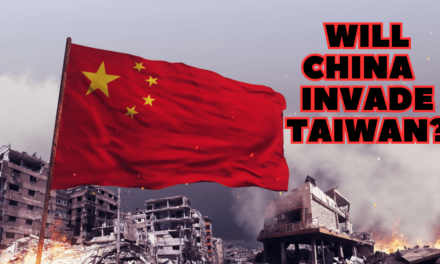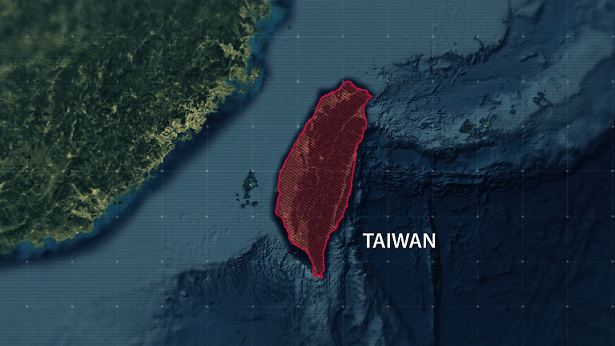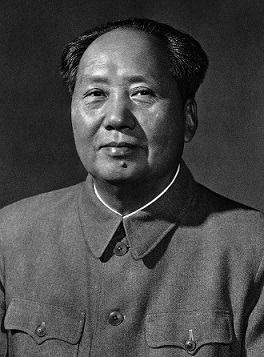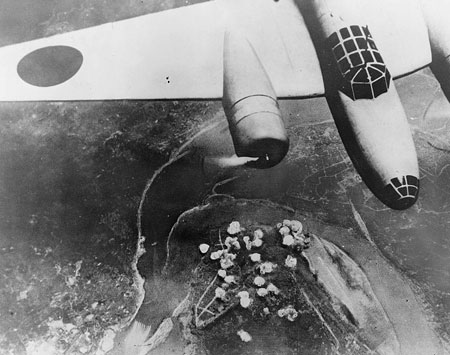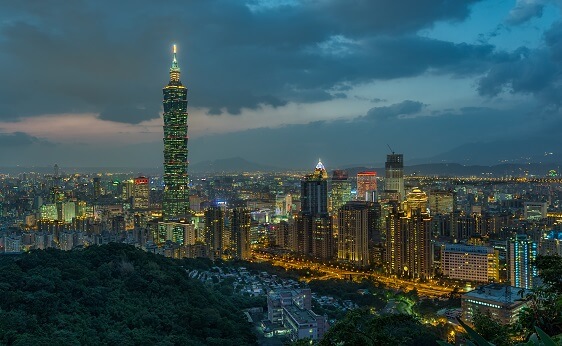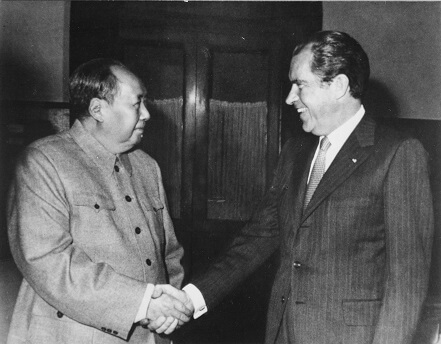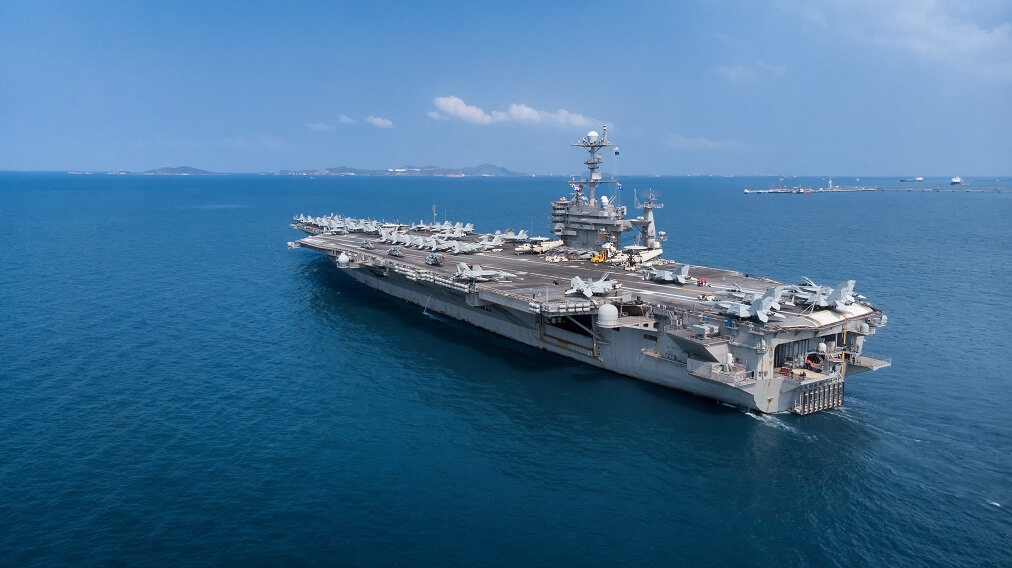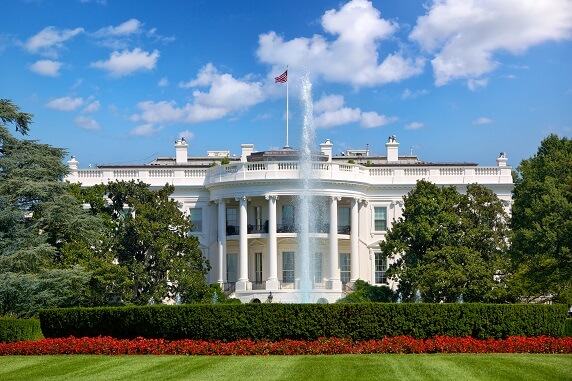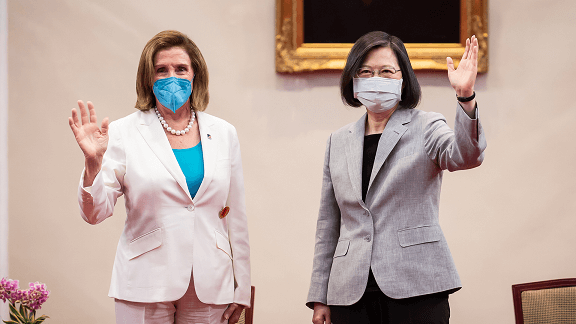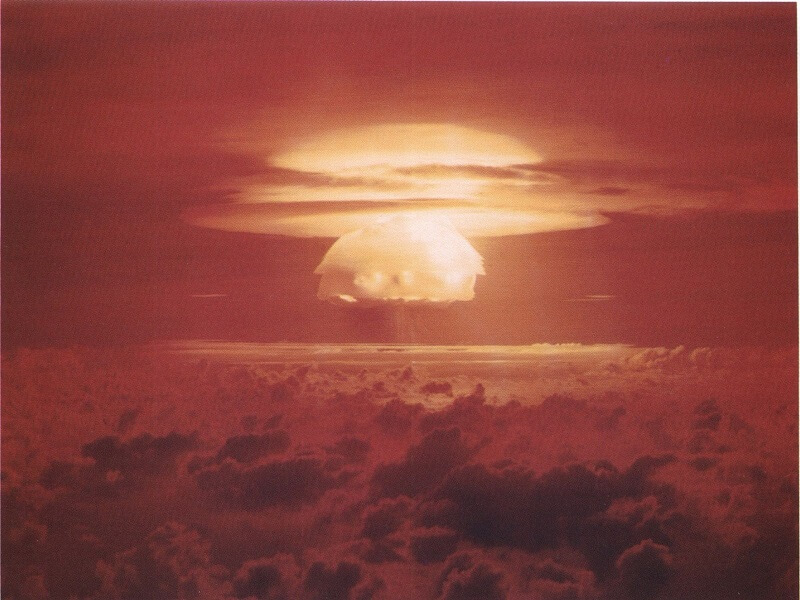Just 81 miles off the coast of China lies an island nation called Taiwan. For many decades, Taiwan has often been a headline in world news. According to China, there is no nation of Taiwan, only a breakaway province. But according to Taiwan, they are not subject to rule by China, rather they consider themselves the real China. This has now continued for 75 years. Some experts believe that the tensions between the two countries are at their highest peak ever.
But, how did this situation come to be? Let’s take a brief look at the current state of affairs that could plunge the world into a broad conflict with lasting ramifications.
Mao Zedong in 1959
China had been embroiled in a civil war ever since 1927. The civil war had begun, in essence, to purge the communists from political influence. A key player in the communist cause was a man named Mao Zedong. Among those who survived the purge, Zedong quickly became the leader of the communist forces.
The war between the Chinese communists and the Nationalists was only interrupted by the outbreak of World War 2, and the invasion of China by Japan. Japan was savage in the warfare that it inflicted upon China, often bombing civilians in an attempt to break the will of the people to unite, and fight. The war provided only a temporary truce, to work together to defeat a common enemy.
Japan Bombing Yuzhong
After the defeat of Japan in 1945, the civil war resumed. The Chinese Nationalists, severely weakened by Japan, would soon retreat to the island of Formosa in defeat in 1949. The island was renamed Taiwan. The Republic of China, otherwise known as ROC, claims to be the legitimate ruler of all of China. Of course, mainland China (the People’s Republic of China) does not recognize the sovereignty or legitimacy of Taiwan. This situation has remained one of the most complex political relationships in the modern world.
Taipei at Night 2021
By almost any account, Taiwan has established itself as an independent nation with its own government, economy, military, and foreign policy. In the 1980s and 90s Taiwan has experienced rapid democratization, with the previous one party rule giving way to multiparty democracy. This has led to a greater sense of Taiwanese identity, and a desire for greater autonomy from China.
But the situation is much more complicated than that.
You would be hard pressed to find past examples of a nation allowing part of itself to break away and form its own country. Many historians will point to the American Civil War as an example. Imagine if the North just decided to let the South succeed. It would be a very different world today indeed.
For several decades, the People’s Republic of China and Taiwan both claimed to be the ruler of all of China. This created a diplomatic nightmare, as the nations of the world were divided on who they recognized as the true government of China. In the early 1970’s under Richard Nixon, the US developed a desire to improve relations with the People’s Republic of China. Reducing tensions over the issue of Taiwan was a part of this strategy.
Nixon and Mao Zedong
President Nixon and Mao Zedong met in 1972, and it was agreed the PRC would be the sole legitimate government of China. Other countries would follow this lead, and soon most would cut diplomatic ties with Taiwan. This was the beginning of the One China Policy, and would be an ongoing source of tension between China and the Taiwan.
To complicate matters further, the US created the Taiwan Relations Act of 1979, in which the US pledged to provide Taiwan with weapons and defensive services should any foreign power attempt to threaten the security, social, or economic system of Taiwan. The delicate balancing act in foreign policy can be realized with the fact that although the US recognizes only the PRC as the government of China, it is also obligated to defend part of it, namely Taiwan, even from China itself. This has historically been done with a strong military presence in the area. China is kept guessing whether or not the US would come to the defense of Taiwan, should China attempt to invade. And this ambiguity is maintained on purpose.
Depending on exactly how you look at it, it is either a beautiful, intricate diplomatic masterpiece…. or a hot mess in foreign relations. But why are tensions so high now after so many decades of relative calm?
There is little doubt that China is a growing world power. The US sees China as a rising strategic competitor, and China sees the US as the current king of the mountain, and seeks to replace it. China has been emboldened by a perceived weakness in US resolve, and has been stepping up military exercises and simulated attacks on Taiwan itself. China seems to be seeking to isolate Taiwan and erode support for Taiwanese independence.
As a show of resolve, several high-ranking officials of the US government have made recent visits to Taiwan. In 2022, the Speaker of the House Nancy Pelosi visited Taiwan, enraging the Chinese government. This was followed in 2023 with speaker Kevin McCarthy becoming the highest ranking US official to meet with the president of Taiwan on American soil since Nixon.
Recently, the Chinese economy has been faltering. China is also experiencing a decline in population due to their long-standing one child policy. Although this policy was lifted, the population is still declining. Some experts believe that China’s economic troubles, population decline, as well as a perceived weakness in the international community all contribute to China’s recent postering towards Taiwan.
China has elevated its military exercises to nearly encircle Taiwan, sounding alarms from pro-independence politicians within the Taiwanese government. There are rumors that Xi Jinping has ordered China’s military to be ready to invade Taiwan by the year 2027, and the Taiwanese foreign minister, Joseph Wu, has stated that he believes the threats to be serious.
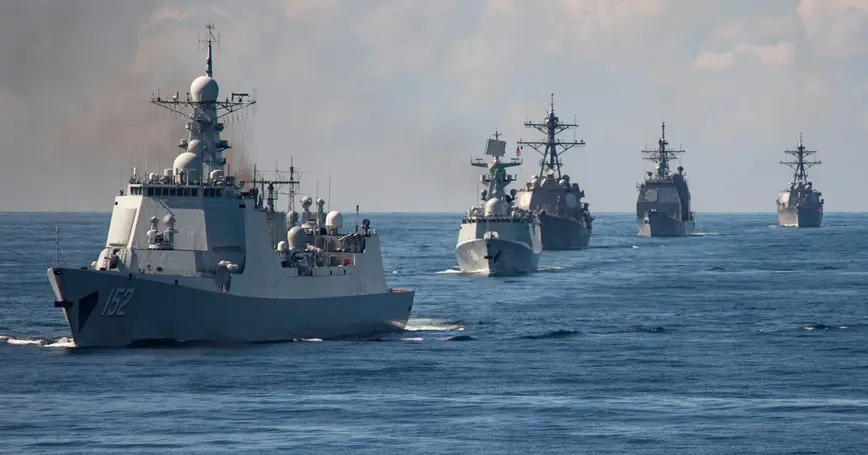
General Mike Minihan, a former deputy commander for the US Indo-Pacific command, said that he believed war was likely as early as 2025. It seems certain that China is watching the Russian invasion of Ukraine, perhaps to better predict international response to their own offensive, should it actually occur.
The true reason for the rising threat is unclear, but it appears that the possibility of conflict between China and Taiwan might be closer that ever before. Is this just the same saber rattling that we have been accustomed to for decades, or are we near the endgame in this standoff? Will diplomacy keep the peace, or are the nations of the world growing ever closer to another world war? We can only hope that cooler heads prevail, as the fallout from such a conflict would be truly global indeed.
If you enjoyed this content, please share! Leave a comment, we would love to hear what you have to say!







